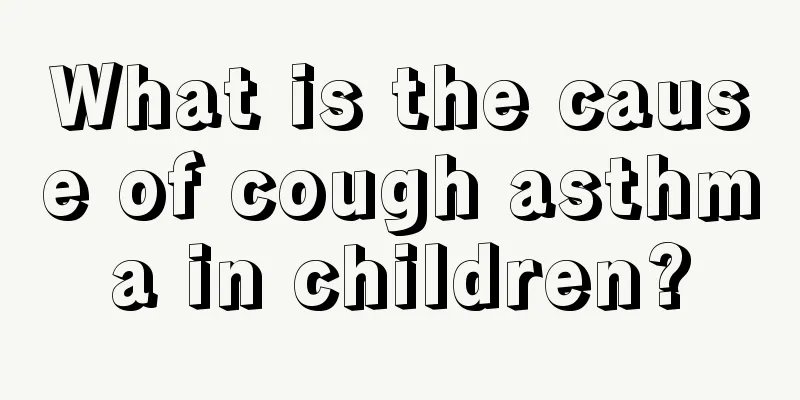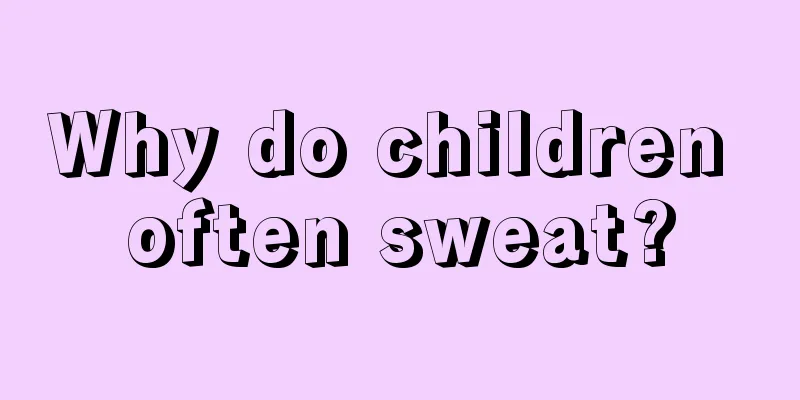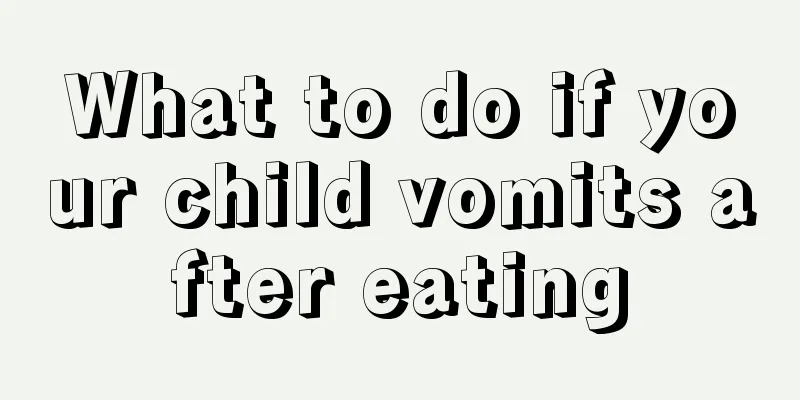What is the cause of cough asthma in children?

|
Cough-type asthma in children is often caused by inflammation of the patient's airways, which triggers a high airway response, resulting in coughing and accompanied by symptoms such as asthma. This disease may be related to a certain extent, or it may be caused by environmental factors. In addition, some patients may have severe airway inflammation, which may cause tracheal smooth muscle spasm and cause the patient to gasp for breath. Common respiratory viral or bacterial infections in children are also the biggest allergens that trigger allergic asthma attacks in children! According to clinical statistical reports on the causes of asthma attacks in children, the peak age for allergic asthma in children is 1-6 years old, the first onset age is mostly under 3 years old, and it gradually decreases after school age. The highest incidence season is winter (winter is the rising period of respiratory viral infections), followed by season change and autumn. The main causes of pediatric asthma, especially infant asthma, are respiratory viral and bacterial infections. Viruses and bacteria become strong allergens that trigger asthma attacks in infants and children. Allergic asthma attacks caused by respiratory tract infections in children are as high as over 50%, while the incidence of asthma attacks caused by respiratory tract infections in infants and young children (under three years old) is as high as 90%. When children are infected with respiratory viruses, the integrity of the airway mucosal epithelium is destroyed by inducing airway infectious inflammation, which weakens the airway's defense against irritants, causes inflammatory reactions in the airways, and enhances the sensitivity and reactivity of inflammatory cells to IgE. Viruses can act as allergens to trigger the body's immune allergic reactions, stimulating immune cells to produce excessive IgE antibodies. This type of IgE antibody is also called "allergic memory" and is easily attached to the body's immune defense cells such as mast cells, eosinophils, etc. for a long time. Respiratory viruses and bacteria act as allergens and combine with IgE antibodies to form "antigen-antibody" products. This product stimulates mast cells, eosinophils, etc. to secrete excessive non-specific inflammatory mediators, which act on the mucous membranes of various parts of the human body and cause: airway contraction, increased respiratory secretions, aggravated airway stenosis, and triggering asthma attacks or aggravating asthma. It needs to be emphasized that airway inflammation is an important cause of cough asthma, and some respiratory infections are very likely to cause airway reactions, so in order to prevent this disease, it is necessary to focus on preventing respiratory infections. In winter, children may be prone to upper respiratory tract infections. For example, colds are one of the diseases caused by this infection, so it is necessary to focus on preventing colds. |
<<: How to correct stuttering in children
>>: What should I do if my child has an itchy throat and coughs?
Recommend
How to relieve retching in newborns
Every time a newborn baby retches and asks for le...
What to do if your nine-month-old baby has bad breath
Not only adults can suffer from bad breath, but c...
The dangers of little girl's leg-clip syndrome
Parents always find that their little girls have ...
What should I do if my five-month-old child coughs and has phlegm?
For children, colds and coughs are common. If you...
Can children eat bananas when they have a cold or fever?
There are many dietary precautions for children w...
What to do if children have wind-heat cold
Colds are common exogenous diseases in all season...
What medicine should children take for bacterial infection
Children’s health is what parents care about most...
Is it poisonous when a child bites you?
In real life, some people are accidentally bitten...
Will there be any sequelae if a child suffers from encephalitis?
Many children will develop various diseases when ...
What is water in the newborn's stool?
Newborns begin to excrete meconium within 12 hour...
What is the reason for children's continuous vomiting?
Parents will become flustered if their children v...
What causes cerebral palsy in children?
Generally speaking, cerebral palsy in children st...
A lump under the child's eyes
A lump under a child's eye may be caused by a...
How to prevent children from hunching over?
Many parents will find that their babies always s...
Introduction to the standards for height and weight of newborn babies
What is the height of a newborn baby like? What i...









